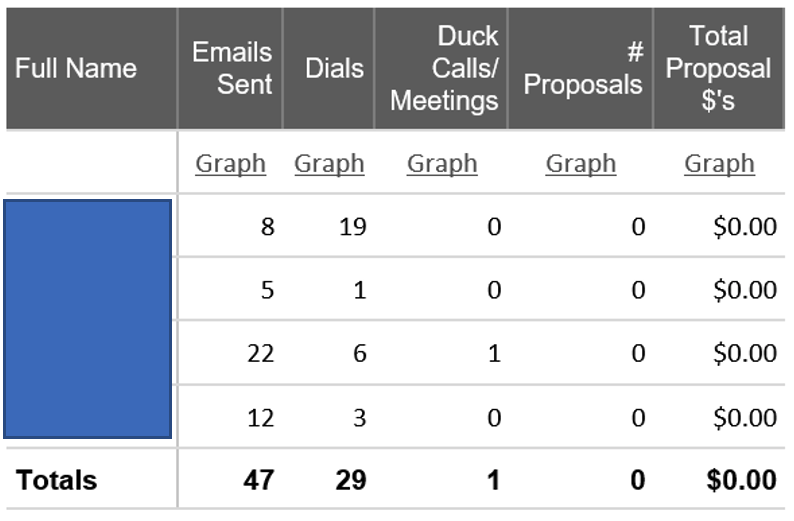One of the top challenges we discuss with sales managers and leaders is how to get their salespeople to start selling value and stop caving on price.
In this blog, we will discuss the best way to respond to a prospect who tells you that your competition has a lower or better price.

The death of value has come slowly…but you could see it coming for quite some time. Some might blame the economy. Others might blame technology or even hyper-competition from other providers. But do you know who rarely gets blamed? Salespeople.
When we are in front of sales leadership teams the number one challenge we wind up discussing is getting salespeople to start value-based selling and stop caving on price. Let me be clear about something – selling based on price is a sales strategy. It’s just not a very good sales strategy (unless you are Walmart). Seth Godin called selling on price “the race to the bottom” and he went on to say it is a race you can’t win and it is a race you don’t want to win.
John Ruskin wrote these words that will forever be true: “It’s unwise to pay too much, but it’s worse to pay too little. When you pay too much, you lose a little money — that is all. When you pay too little, you sometimes lose everything, because the thing you bought was incapable of doing the thing it was bought to do.”
So, what is the best way to respond to a prospect who tells you that ABC Company has a lower or better price? If you believe in the power of gradual self-discovery then you should ask the prospect one simple question – “why do you think that is?”
Or what about simply responding with “thanks for sharing that with me…what if I tell you I can’t do that…where would that leave you and me?”
I may have been born yesterday but I stayed up all night studying so here is my question for you: is it possible you wind up fighting on price because you offer to fight?”
And if you need to walk away, perhaps you should suggest to your prospect that they add a contingency factor to the lowest priced bid for when they figure out that what they bought is not capable of doing what they need it to do. Of course, if they do that, then they would probably have the money to buy your offering instead.








